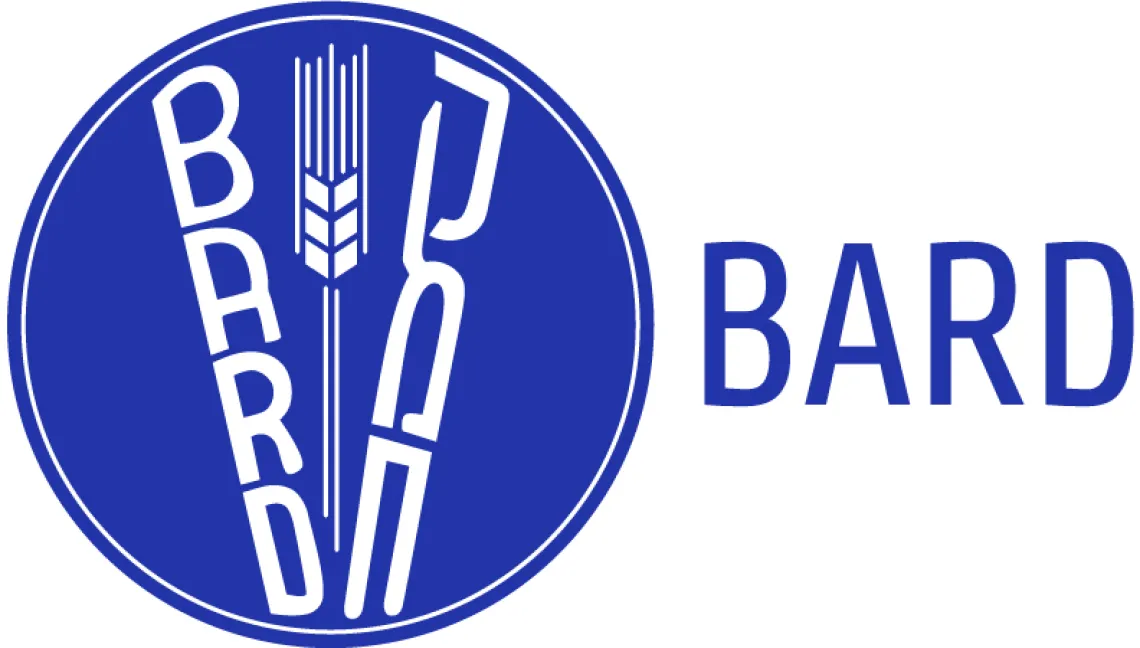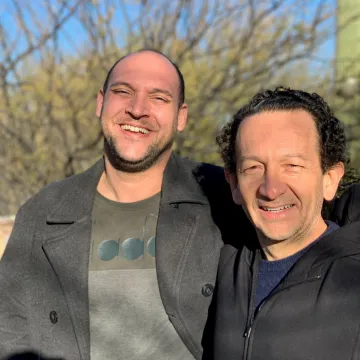Joint US-Israel Research Aims to Advance Safe Water Reuse in Arid Regions

In January 2020, visiting scholar, Dr. Itay BarOr, joined WEST Center’s Dr. Walter Betancourt to collaborate on a US-Israel BARD-funded project: “Application of metagenomic approaches to examine the virome in recycled waters for safe and sustainable reuse in irrigation.” Awarded funding in October 2019, the study will take place over three years and will bring together the expertise of four researchers at 1) the University of Arizona WEST Center in the US – Dr. Walter Betancourt (PI) and Dr. Kelly Bright (Collaborating Investigator) and 2) the Sheba Medical Center at Tel Hashomer in Israel - Dr. Itay BarOr (Co-PI) and Dr. Neta Zuckerman (Collaborating Investigator).
As stated by researchers:
Water resources management and wastewater reuse for agricultural and non-agricultural irrigation are essential in arid regions of the world such as the southwestern United States and Israel characterized by small amounts of precipitation and limited surface water supplies. Safe and sustainable water reuse for irrigation requires the implementation of reliable water reclamation processes to minimize environmental and health risks, particularly those associated with acute contaminants such as pathogenic viruses where a single exposure can produce an effect.
With more than 150 types of known pathogenic viruses in municipal wastewater, and new viruses being identified in fecal specimens and sewage using highly-sensitive genome sequencing technologies, metagenomic-based analysis of viral communities in untreated and treated municipal wastewater may lead to a better understanding of virus diversity, fate and distribution during municipal wastewater reclamation.

Dr. Itay Bar Or and Dr. Walter Betancourt in Tucson, AZ, January 2020
Credit: Peggy Gerba
In the joint study being conducted by WEST faculty and Sheba researchers, a metagenomic approach will be applied for characterizing the viral community composition (virome) associated with wastewater reclamation processes. This virus identification approach will then serve as a basis for the development of molecular assays for quantitative PCR investigations, confirmatory analysis of virus removal and methods for treatment effectiveness.
The goal is that data generated from the BARD-funded study can be used to develop effective monitoring tools for quantitative assessment of virus reduction by treatment and for overall risk assessment of systems that produce reclaimed water for use in, for example, irrigation of food crops or recreational landscapes.

